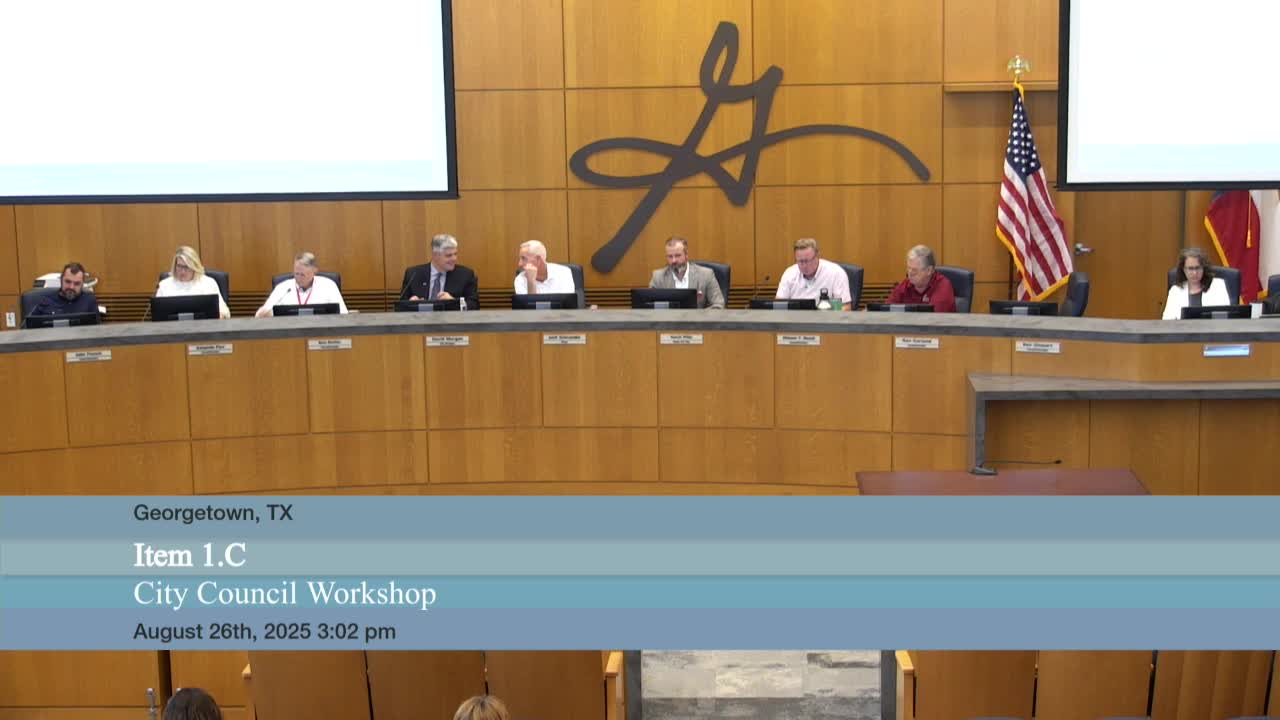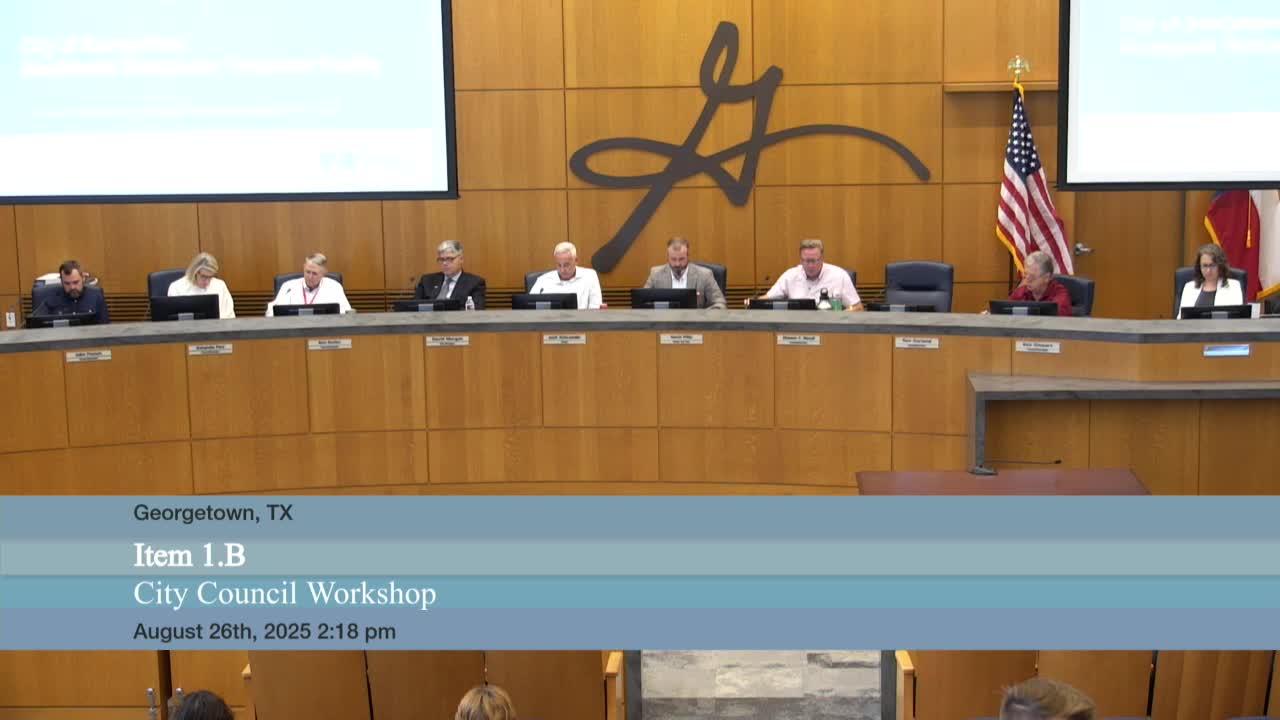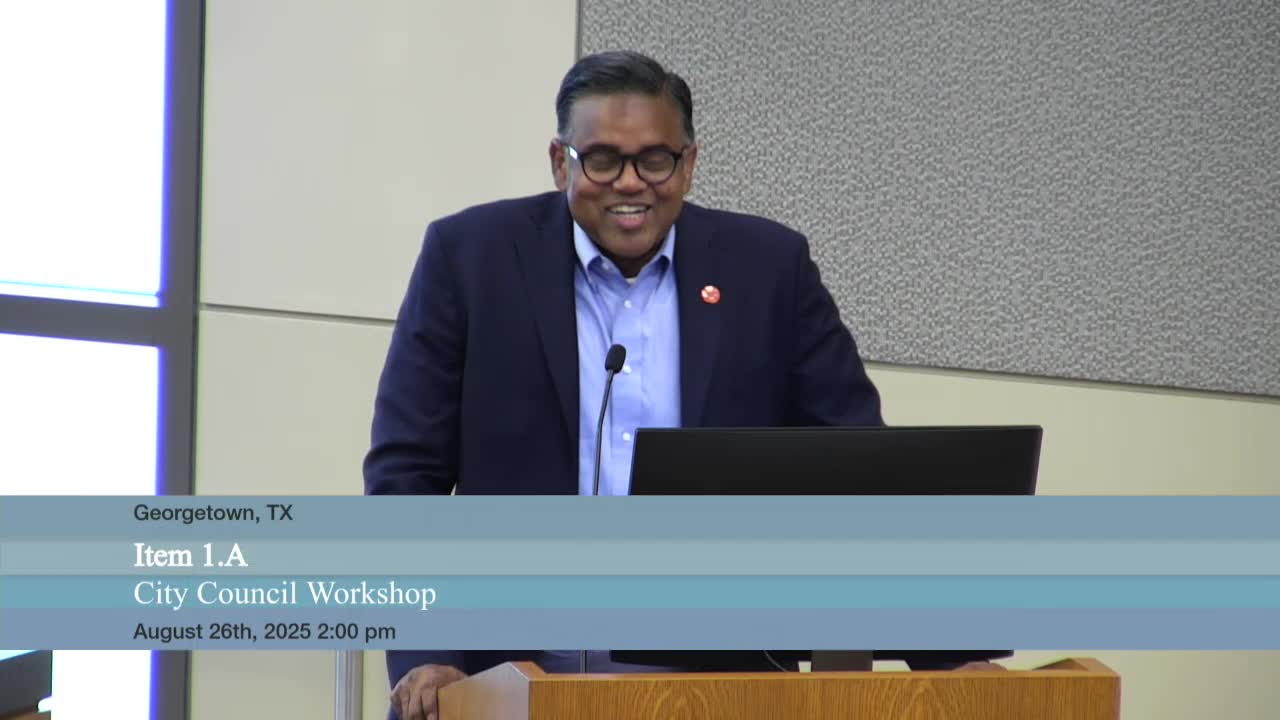Article not found
This article is no longer available. But don't worry—we've gathered other articles that discuss the same topic.

Georgetown staff proposes selling portions of its water service territory to reduce long-term demand by 58%

Georgetown staff, water board and council favor membrane bioreactor for Northlands plant to meet tighter phosphorus limits

